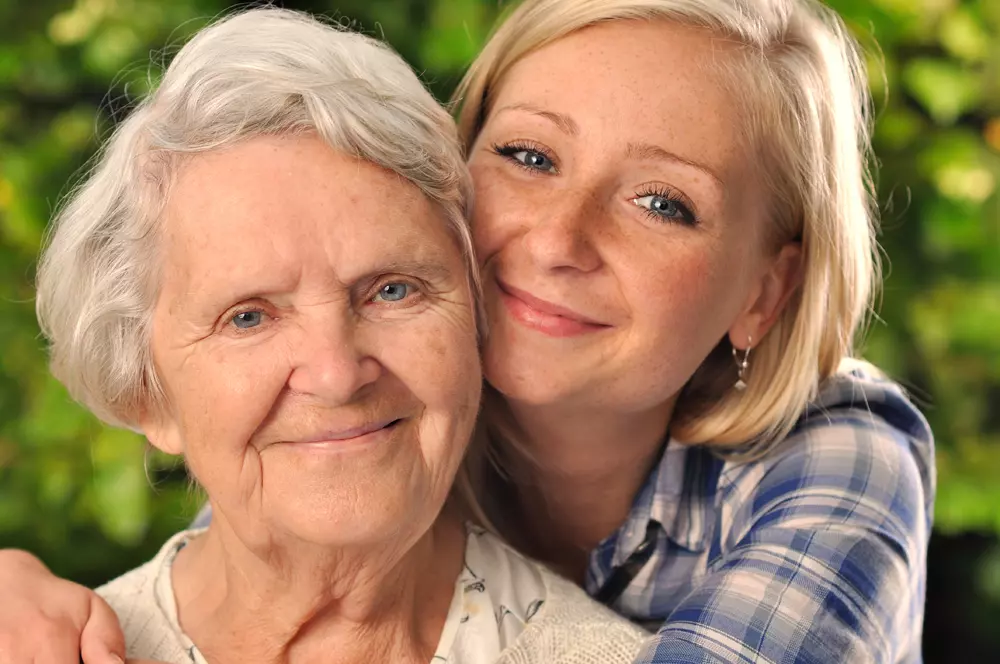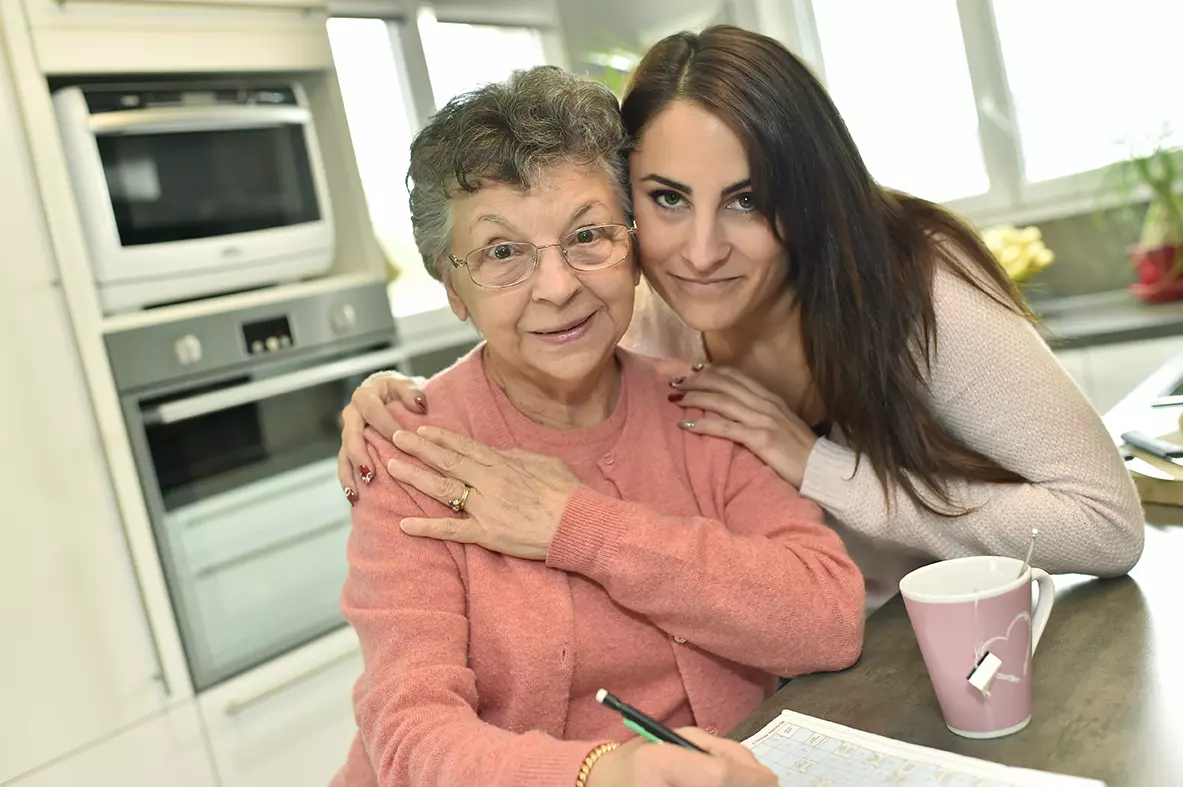
Moving into a care home is a significant life change, often accompanied by a shift in financial priorities, personal needs, and future planning. For many, this change calls for an update to their will to reflect new circumstances, ensuring their wishes and asset allocation align with current and future needs. In this article, we’ll guide you through practical steps on revising your will when moving to a care home, including important adjustments to asset distribution, personal preferences, and other considerations to protect your legacy and loved ones.
Why you should update your will when moving to a care home
Moving to a care home often means making decisions about how your assets will be managed, ensuring that your estate is distributed according to your wishes, and preparing for potential costs associated with long-term care. Updating your will ensures that any changes in your circumstances, such as new financial responsibilities, evolving relationships, and shifts in asset ownership, are accurately reflected in your estate plan.
Some key reasons to update your will when moving into a care home include:
- Addressing changes in asset ownership or value.
- Planning for care home fees and related expenses.
- Revising personal wishes related to family, friends, or charities.
- Adding or modifying instructions for executors or powers of attorney.
Steps to update your will when moving into a care home
Find YOUR ideal care home NOW!
Here are practical steps to guide you in revising your will when transitioning to a care home:
1. Reassess your asset allocation
If moving into a care home affects your financial situation, it’s crucial to reassess your asset allocation. Care homes come with ongoing expenses that may impact how much you can leave to beneficiaries.
Include care home fees: Consider earmarking a portion of your assets specifically for ongoing care costs if needed, especially if you want to avoid placing a financial burden on family members.
Adjust legacy provisions: Reevaluate specific bequests to loved ones, charities, or organizations based on your revised financial position, ensuring your priorities align with your current situation.
2. Protect your home and other major assets
If you own a property and plan to leave it as an inheritance, it’s essential to protect it from care home fees. You may consider options like establishing a trust, which can help secure your home for your heirs rather than allowing it to be used to cover care costs.
Consider a life interest trust: Life interest trusts enable you to transfer the property to your children or other beneficiaries while retaining the right to live in the property or use it until your passing.
Discuss joint ownership options: If you co-own the property, consulting an estate planner can help you understand the benefits of joint tenancy versus tenancy in common in securing the home for heirs.
3. Update beneficiaries and executors
Over time, relationships may evolve, and you may wish to make changes to your chosen beneficiaries or executors.
Review beneficiaries: Update or add beneficiaries to reflect current relationships, removing those no longer relevant and adding individuals, organizations, or charities that have become more meaningful.
Select an executor familiar with care costs: Choose an executor who understands the intricacies of managing finances, particularly those associated with care costs. This may be a trusted family member or even a professional executor with experience in elder care.
4. Include instructions for personal belongings
Moving into a care home often means downsizing, which may involve deciding what to do with sentimental belongings. Include specific instructions in your will regarding how personal possessions should be distributed.
Detail personal effects: List items you want specific family members or friends to inherit, such as jewelry, collectibles, or family heirlooms.
Consider special gifts: If you have belongings with emotional value, designate them in your will to ensure they’re passed on to the right people.
5. Address digital assets
If you have digital assets—such as social media accounts, digital photos, or cryptocurrency—be sure to specify how these should be handled. This is especially important if you’ve accumulated online assets that have sentimental or financial value.
List digital accounts: Make a list of your online accounts, including email, social media, and cloud storage, and specify who should manage or inherit these.
Assign a digital executor: In some countries, you can appoint a digital executor responsible for handling your online presence, ensuring your digital legacy is maintained according to your wishes.
6. Plan for charitable giving
If you have a history of supporting charities, you may wish to leave a portion of your estate to causes that are meaningful to you. Moving to a care home may provide an opportunity to review and prioritize these contributions.
Allocate a percentage of your estate: Consider setting aside a specific percentage of your estate for charitable donations.
Designate charities in your will: By naming charities in your will, you ensure that your support continues even after you’re gone, while also potentially reducing the tax burden on your estate.
7. Consider setting up a power of attorney
If you haven’t already, setting up a power of attorney is a vital step when moving into a care home. This legal document allows someone you trust to make decisions on your behalf if you become unable to do so.
Assign financial and medical powers of attorney: These individuals can handle your financial matters, including paying care home fees, and make health-related decisions on your behalf.
Choose trusted individuals: Select individuals who understand your preferences and are capable of making responsible choices in line with your wishes.
8. Ensure your living will or advance directive is updated
A living will or advance directive provides instructions for your medical care, which can be particularly relevant in a care home setting. Updating this document allows you to outline your preferences for end-of-life care and medical treatment.
Detail your health care preferences: Include your preferences for treatment, pain management, and life-sustaining measures to ensure they align with your current needs.
Coordinate with your power of attorney: Ensure your power of attorney and advance directive align so your appointed individual can act in your best interest.
9. Review estate tax implications
Moving into a care home may change your financial situation, impacting the potential estate tax on your assets. Consulting a financial planner or estate attorney can help you navigate tax considerations and make adjustments to your will.
Explore tax-efficient transfers: Consider gifting some assets or transferring them into trusts to reduce your estate’s tax liability.
Take advantage of tax relief options: Certain donations or legacy gifts may qualify for tax relief, which can preserve more of your estate for beneficiaries.
10. Regularly review and update your will
As circumstances can continue to change, make it a point to review your will periodically, especially if there are updates to care home regulations or changes in your personal circumstances.
Annual or biannual reviews: Schedule regular reviews with an estate planner to ensure your will reflects your latest wishes and circumstances.
Keep family informed: Discuss any updates with your family or executor so they are aware of changes and can act accordingly when the time comes.
Steps to Update Your Will When Moving into a Care Home
| Step | Action | Why It Matters |
|---|---|---|
| 1. Reassess Asset Allocation | Review financial situation and adjust asset distribution. | Care home fees can impact inheritance plans. |
| 2. Protect Property & Assets | Consider a trust or joint ownership to safeguard your home. | Helps prevent care fees from consuming estate assets. |
| 3. Update Beneficiaries | Modify beneficiaries to reflect current wishes. | Ensures fair and updated distribution of assets. |
| 4. Address Digital Assets | Include instructions for handling online accounts and cryptocurrencies. | Preserves sentimental and financial digital legacies. |
| 5. Set Up a Power of Attorney | Assign financial and medical powers of attorney. | Ensures trusted individuals manage your affairs if needed. |
| 6. Plan for Estate Tax | Consult an estate planner to minimize tax liability. | Optimizes estate value for beneficiaries. |
| 7. Review Will Regularly | Schedule yearly updates with a solicitor or estate planner. | Adapts to financial, legal, or personal changes. |
Updating your will when moving into a care home is an important step in ensuring your personal and financial interests are protected, providing peace of mind for both you and your loved ones. By revisiting your asset allocation, adjusting beneficiary designations, and including new instructions relevant to your care needs, you’ll have a comprehensive, up-to-date plan that reflects your wishes and current situation. Taking these steps ensures that you leave a legacy of thoughtful preparation, care, and support for those who matter most.
Frequently Asked Questions (FAQ) on Updating Your Will for a Care Home Move
1. Why should I update my will when moving into a care home?
Updating your will ensures that your assets are distributed according to your wishes, taking into account new financial responsibilities such as care home fees.
2. Can care home fees affect my inheritance?
Yes. Care home fees can significantly reduce the value of your estate, impacting the amount left for beneficiaries.
3. How do I protect my home from being used for care costs?
You may consider setting up a trust, joint ownership, or life interest trust to secure your property for your heirs.
4. Who should I appoint as an executor when moving into a care home?
Choose someone who understands financial management, estate planning, and care home costs—this can be a trusted family member or a professional executor.
5. What happens to my digital assets after I move into a care home?
You can list your digital accounts in your will and appoint a digital executor to manage them.
6. Can I leave money to a charity in my will?
Yes, you can allocate a percentage of your estate to charities, which may also provide tax benefits.
7. What is a power of attorney, and why is it important?
A power of attorney allows a trusted person to manage your finances and make healthcare decisions if you become unable to do so.
8. How often should I update my will?
It is advisable to review your will every 1-2 years or after significant life changes, such as moving into a care home.
9. Will my estate be taxed differently if I move into a care home?
Potentially. Estate tax implications depend on your financial situation and local laws, so consulting a tax expert is recommended.
10. How can I ensure my family understands my will changes?
Discuss updates with your family and executor, and keep copies of your will in a secure but accessible location.
We are here to help you choose a care home or facility best suited to your needs. Do not hesitate to contact us on the following number: 0230 608 0055 or fill out this form.
Share this article :
Latest posts
You are looking for an establishment for your loved one ?
Get availability & prices
Fill in this form and receive
all the essential information
We would like to inform you of the existence of the opposition list for telephone canvassing.











